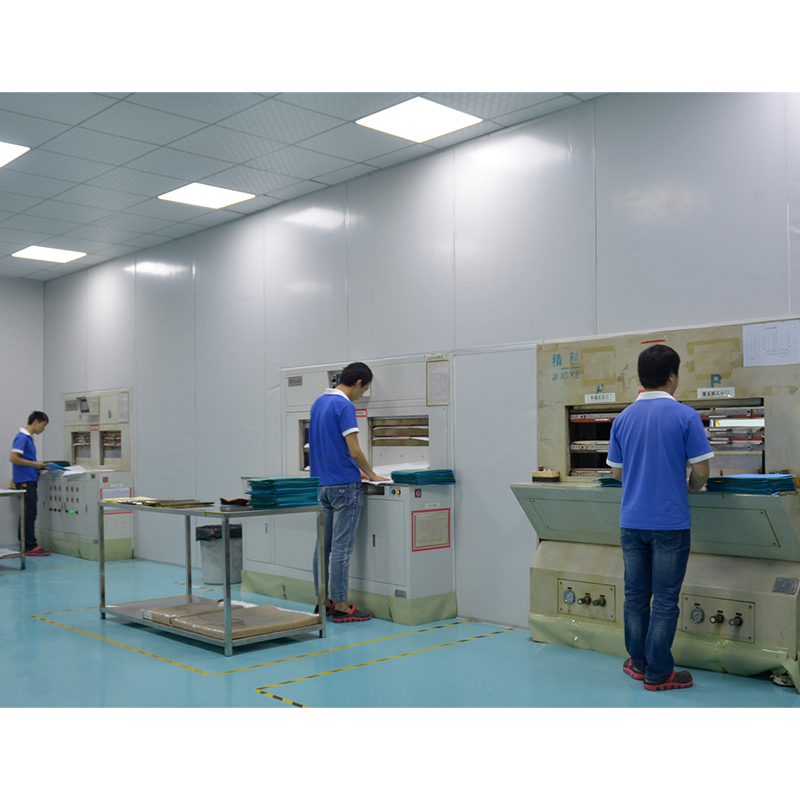In modern electronics and circuits, flexibility plays a vital role in designing and manufacturing innovative products. Rigid-flex PCB and flexible PCB are two types of printed circuit boards (PCBs) with flexible structures. However, how do these two options perform when comparing their flexibility? In this blog post, we’ll delve into the world of PCBs and explore their characteristics, applications, and factors that determine their flexibility.
Before making the comparison, let’s take a brief look at the basic concepts behind rigid-flex and flexible PCB boards.
Rigid-flex PCB combines the best features of rigid and flexible PCB designs. These boards are constructed from a combination of interconnected rigid and flexible materials, allowing the board to be folded or rolled without affecting the functionality of the circuit. On the other hand, flexible PCB boards are mainly made of flexible materials that can be bent and shaped according to the specific requirements of the device or product.
Now let’s see how these two PCB options compare in terms of flexibility:
1. Bending ability:
In terms of bending ability, both rigid-flex PCB and flexible PCB boards have significant advantages. However, the structural design of rigid-flex PCB allows it to easily handle more complex bending requirements. The combination of rigid and flexible materials in these boards ensures they can withstand repeated bending cycles, making them suitable for applications in equipment requiring frequent movement and flexibility.
2. Design flexibility:
Flexible PCB boards have long been favored for their design flexibility. With their thin and flexible nature, these PCBs can be easily molded to fit into unconventional or tight spaces within electronics. However, rigid-flex PCBs take design flexibility to a new level. By combining rigid and flexible sections, designers have more freedom to create complex layouts, optimize space utilization and improve overall product performance.
3. Reliability:
While both options offer impressive flexibility, reliability plays a crucial role in determining a PCB’s suitability for a specific application. Rigid-flex PCBs tend to be more reliable over a longer period of time due to their structurally sound design. Seamless integration of rigid and flexible sections ensures a stable connection, reducing the chance of failure due to stress points or excessive bending. Flexible PCB boards, on the other hand, require careful consideration of maximum bending limits to avoid any damage to the circuit during normal use.
4. Cost and Manufacturing Complexity:
Flexible PCBs generally cost less than rigid-flex PCBs due to their simpler structure. However, it is worth noting that designing and manufacturing rigid-flex PCBs can be a more complex process. The integration of rigid and flexible materials requires precise engineering expertise and specialized manufacturing techniques. While the initial investment may be higher, the added reliability and functional benefits of rigid-flex PCBs often outweigh the cost considerations.
To sum up
Both rigid-flex boards and flexible PCB boards have their unique advantages in terms of flexibility. The final choice depends on the specific requirements of the application and the level of flexibility required. Flexible PCBs excel in space-constrained applications, while rigid-flex PCBs offer advanced design possibilities and enhanced reliability for more complex and demanding projects.
Ultimately, it’s critical to work closely with experienced PCB manufacturers like Shenzhen Capel Technology Co., Ltd. manufacturing rigid flex pcb and flexible pcb since 2009 who can guide you through the decision-making process. By understanding the unique needs of your project, they can help you choose the PCB option that best suits your goals and specifications. Therefore, whether it is a rigid-flex PCB or a flexible PCB board, you can take advantage of their flexibility to realize your electronic design.
Post time: Oct-06-2023
Back







